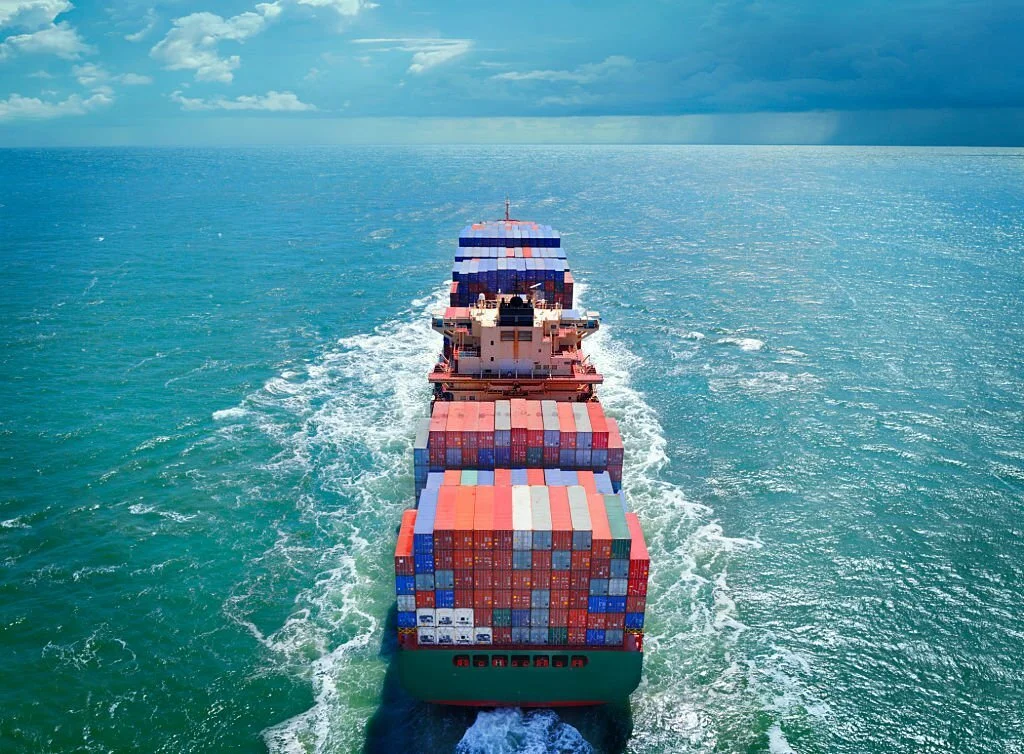What is ocean logistics?
Definition:
Ocean logistics, also known as maritime logistics, is a comprehensive field within the transportation and supply chain industry that focuses on the planning, coordination, and execution of the movement of goods by sea. This discipline encompasses a wide range of activities, from shipping and port operations to freight management and supply chain optimization. Ocean logistics is fundamental to global trade, as the majority of goods are transported via ocean vessels at some point in their supply chain journey.
Significance:
Global Trade Backbone: Ocean logistics serves as the backbone of international trade. It is responsible for the efficient movement of a substantial portion of the world’s goods, making it an indispensable part of the global economy.
Economic Efficiency: Shipping by sea is often the most cost-effective mode of transportation for bulk goods, raw materials, and finished products. It plays a vital role in minimizing transportation costs, which can ultimately lead to more affordable goods for consumers.
Environmental Impact: Given the size and scale of ocean logistics, it also has a significant environmental impact. As the industry grapples with sustainability challenges, there is a growing emphasis on reducing emissions, implementing eco-friendly technologies, and improving the overall ecological footprint of maritime transportation.
Importance:
Supply Chain Optimization: Ocean logistics is instrumental in optimizing supply chain operations. It involves route planning, vessel selection, container management, and inventory control, ensuring that goods are transported efficiently and reach their destinations on time.
Trade Facilitation: The efficiency of ocean logistics directly impacts global trade flows. Streamlining the movement of goods by sea is crucial for reducing trade barriers, enabling access to a wide range of products, and supporting international economic cooperation.
Risk Management: Ocean logistics professionals are tasked with managing a host of risks, including those related to weather, piracy, port congestion, and compliance with international regulations. Effective risk management is essential to ensuring the secure and timely delivery of cargo.
Key Aspects of Ocean Logistics:
Shipping Routes: Ocean logistics involves selecting the most efficient shipping routes, taking into account factors such as distance, weather patterns, and the availability of ports.
Containerization: The use of standardized shipping containers is a hallmark of ocean logistics. These containers are loaded with goods, sealed, and transported via various vessel types, from container ships to bulk carriers.
Port Operations: It encompasses port operations, including loading and unloading of cargo, customs clearance, and cargo inspection. Efficient port operations are crucial for minimizing delays and optimizing the use of port infrastructure.
Freight Management: Freight management involves the booking of cargo space on vessels, negotiating rates with shipping lines, and overseeing the documentation and billing processes.
Sustainability: The maritime industry is increasingly focused on sustainability and environmental responsibility. Efforts to reduce emissions, use cleaner fuels, and implement eco-friendly technologies are becoming integral to ocean logistics.
Intermodal Connectivity: It often integrates with other modes of transportation, including road, rail, and air, to provide seamless door-to-door cargo delivery services.
Regulations and Compliance: Compliance with international regulations and standards, such as the International Maritime Organization (IMO) regulations, is a key consideration in ocean logistics to ensure safe and environmentally responsible operations.
In summary, ocean logistics is a multifaceted and integral field within the transportation and supply chain industry. It plays a pivotal role in global trade by ensuring the efficient and cost-effective movement of goods via sea routes. The optimization of supply chains, risk management, and efforts to enhance sustainability are all central elements of ocean logistics. As the world continues to rely on maritime transportation for the majority of its trade, the evolution and development of the ocean logistics field remain crucial to supporting the global economy and addressing its environmental challenges.
